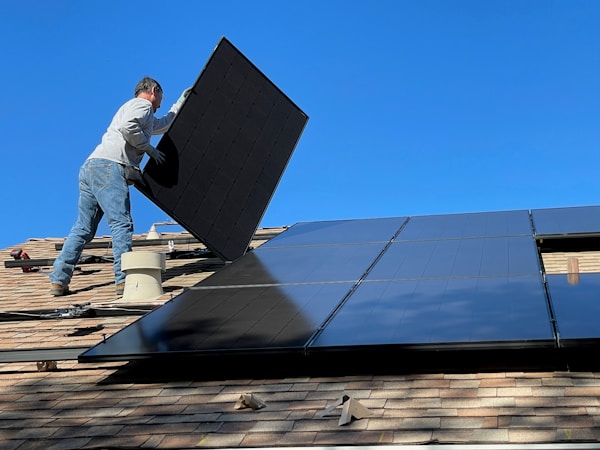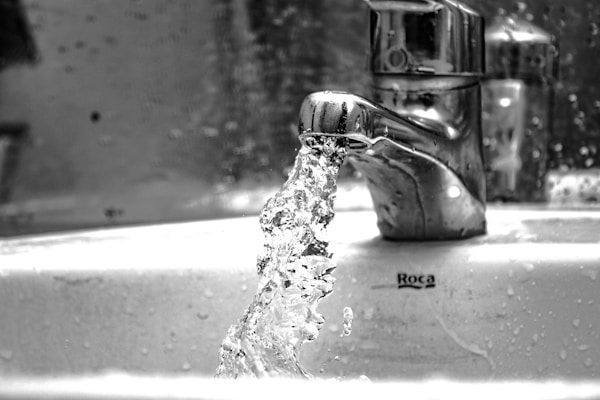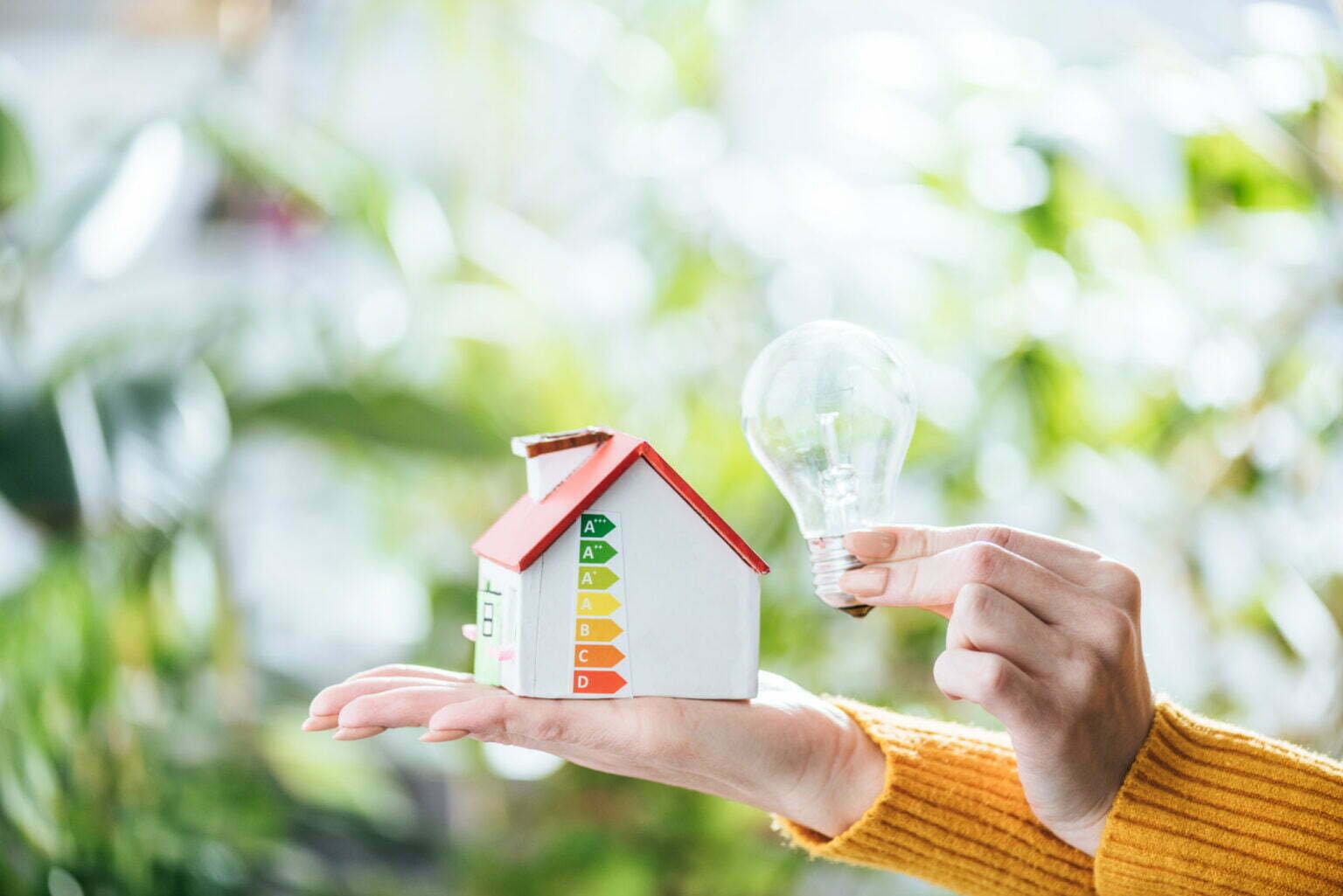Are you looking to improve the energy efficiency of your home? From simple fixes to more complex solutions, there are several ways to help you save energy and money. Keep reading to discover our top tips for improving your home’s energy efficiency.
Consider installing solar panels.

When it comes to improving the energy efficiency of your home, one of the most effective strategies is to consider installing solar panels. Solar panels have become increasingly popular over recent years due to their ability to harness free energy from the sun and convert it into electricity that can then be used in your home. Installing a solar system on your roof can provide you with clean electricity for decades, reducing your reliance on conventional sources such as coal and natural gas.
Solar power is a renewable form of energy that will reduce the carbon footprint of your household while supplying reliable electricity all year round. Additionally, solar systems may qualify you for tax credits or incentives depending on where you live, making them even more attractive investments in terms of long-term savings. Depending on where you live, you can search for “Maui solar panels,” for example, to find a solar contractor in your area.
Install replacement windows.
Windows play an important part in your home’s energy efficiency. In general, older windows are less energy efficient than newer models as they can allow outside air to enter your home and increase the demand and cost for HVAC. Installing replacement windows will save you money on utility bills over time and also offers additional benefits such as improved comfort levels inside your home throughout the year. Furthermore, new replacement windows come with a number of different features designed to help keep your family safe with enhanced security features.
Ensuring proper installation should be a top priority for any homeowner looking for optimal performance from their new replacement windows. Incorrect window installation could lead to reduced effectiveness as well as water damage if not sealed correctly against moisture. Depending on where you live, you can search for “Colorado Springs replacement windows,” for example, to find quality window professionals in your area.
Install water-saving fixtures and appliances.

Installing water-saving fixtures and appliances is an important step in improving your home’s energy efficiency. By replacing older, inefficient models, you can save hundreds of gallons of water each year and lower your utility bills. Installing a high-efficiency showerhead or faucet can reduce the amount of water used per minute, greatly reducing the amount of hot water needed for showers and other uses. Low-flow toilets are designed to use only 1.6 gallons per flush compared with 3.5 or 5 gallons for standard models, which translates into significant savings over time.
When selecting new washing machines, consider those that have earned the EPA’s WaterSense label, as they use up to 40 percent less than traditional washers while still providing excellent cleaning performance. Similarly, you can look for Energy Star dishwashers that are certified by the Department of Energy (DOE) and use about 20 percent less energy than conventional models do when washing full loads.
Clean and maintain HVAC system components.
One of the most important tips for improving your home’s energy efficiency is to clean and maintain HVAC system components regularly. This includes cleaning or replacing filters, checking insulation levels, checking and cleaning vents, inspecting ducts for any leaks or blockages, and inspecting air-handling units. Cleaning or replacing air filters helps improve airflow throughout the system and can reduce strain on the unit itself. Additionally, clean air filters will help ensure quality indoor air.
Checking insulation levels ensures that hot air stays in during cold winters while cool air remains inside during hot summers. Furthermore, this reduces pressure on the HVAC system as it doesn’t have to work as hard to keep temperatures at a comfortable level. Regularly checking and cleaning vents and ductwork prevents dust from building up, which can also interfere with airflow throughout the system leading to higher energy bills.
Taking the necessary steps to improve your home’s energy efficiency can help you save money while reducing your environmental impact. With just a few steps, you can make your home more efficient and comfortable while also reducing your carbon footprint and your energy bills.




